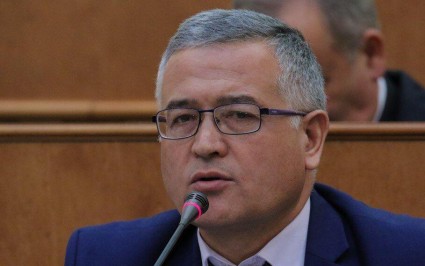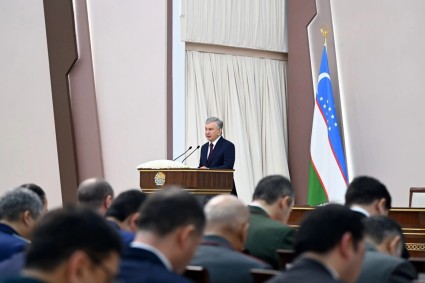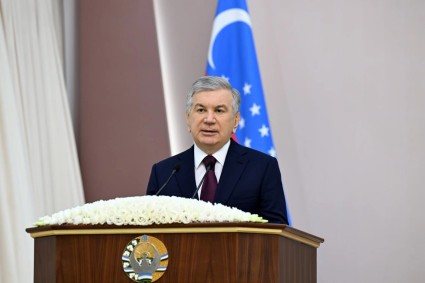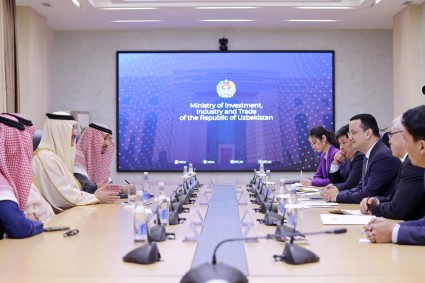During the G20 meeting on Afghanistan, President of the European Commission, Ursula von der Leyen, will announce a support package worth around €1 billion for the Afghan people and neighbouring countries, addressing the urgent needs in the country and the region. The socio-economic situation in Afghanistan is deteriorating, putting hundreds of thousands of Afghans at risk as winter approaches. Humanitarian assistance alone will not be enough to avert famine and a major humanitarian crisis.
Overall EU development aid to Afghanistan remains frozen. The five benchmarks agreed by EU Foreign Ministers remain valid. They must be met before regular development cooperation can resume.
The announcement follows the discussion of the EU Ministers for development to have a calibrated approach to give direct support to the Afghan population in order to prevent a humanitarian catastrophe without legitimising the Taliban interim government.
President Ursula von der Leyen said: “We must do all we can to avert a major humanitarian and socio-economic collapse in Afghanistan. We need to do it fast. We have been clear about our conditions for any engagement with the Afghan authorities, including on the respect of human rights. So far, the reports speak for themselves. But the Afghan people should not pay the price of the Taliban's actions. This is why the Afghan support package is for the Afghan people and the country´s neighbours who have been the first in providing them with help.”
Afghan support package
The Afghan support package combines EU humanitarian aid with the delivery of targeted support on basic needs in direct benefit of the Afghan people and neighbouring countries.
Today's package includes the €300 million for humanitarian purposes already agreed. This humanitarian support is accompanied by additional, specialized support for vaccinations, sheltering, as well as the protection of civilians and human rights.
The European Commission is working to make it possible to use funds intended for Afghanistan to the order of at least €250 million for "humanitarian plus" support to Afghan people in urgent needs, notably in the field of health, in full respect of NDICI programming procedures.
This funding will be in direct support of the local population and will be channelled to international organisations on the ground, while respecting the principles of engagement established by the Council Conclusions agreed by EU Foreign Ministers on 21 September.
Afghanistan's direct neighbours have been the first to provide safety to the Afghans who have fled the country. This is why additional funds will be allocated to support these countries in migration management, as well as in cooperation on terrorism prevention, fight against organised crime and migrant smuggling.
Taken together, the different strands of support for the Afghan people will amount to around €1 billion.
As highlighted at the EU High-level Forum on providing protection to Afghans at risk, safe and legal pathways to protection in the EU include in the short-term the safe passage of Afghans affiliated to the EU and its Member States and vulnerable groups such as human rights defenders, women, journalists, civil society activists, police and law enforcement officials, judges and professionals of the justice system, including their families.
In the mid and long-term, the Commission will support with a multiannual scheme Member States that decide to host Afghans at risk through EU funding for resettlements and humanitarian admission and other complementary pathways, as well as operational assistance by EU Justice and Home Affairs agencies.
Background
The Afghan support package was announced by the President of the European Commission in her speech on the State of the European Union on 15 September 2021.













